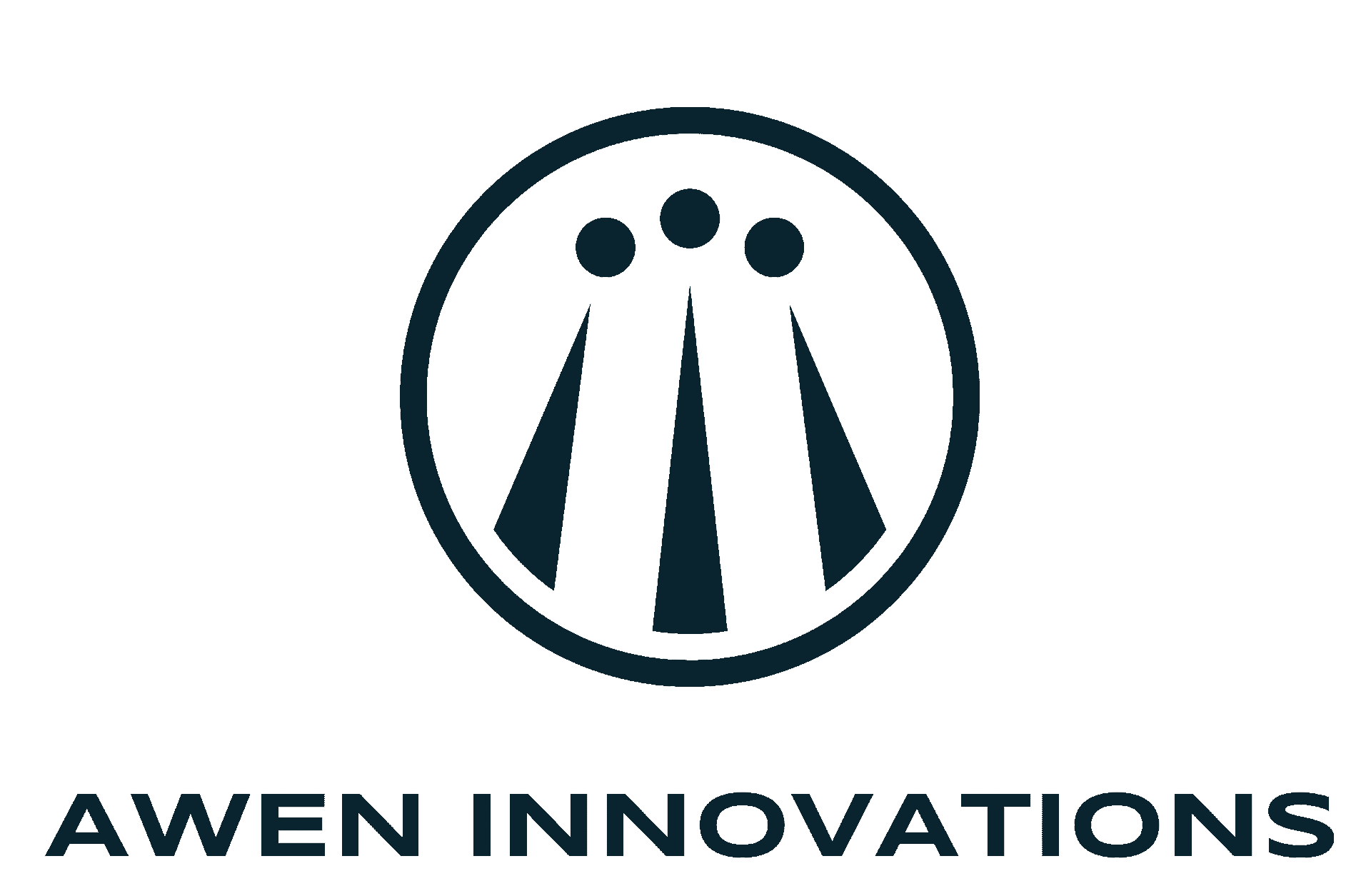
“In this world nothing can be said to be certain, except death and taxes.”
— Benjamin Franklin
When you mention taxes to a small business owner, it can evoke heartburn and anxiety. And it’s true, taxes are complicated and may end up costing a pretty penny. The good news is that there are great resources out there to help you successfully file your taxes every year. One of the best resources available to a business owner is a Certified Public Accountant, or CPA. CPAs are licensed accounting professionals that advise businesses on tax planning and financial strategy. To use CPAs effectively, however, business owners must be proactive and provide adequate information. This week I interviewed Matt Hollander, a CPA at Daniels CPA Group, P.C., on some of the top tax planning tips for small business owners. Please note that this information is purely educational and is not professional tax advice.
Start Tax Planning Early
Try to meet with a CPA well before starting your business. Entrepreneurs and small business owners have varying levels of business experience and financial knowledge. A lack of experience or knowledge can lead to poor business strategies, lack of business controls, ineffective tax planning, and even failure of the business. Therefore, you should engage a CPA immediately to avoid any serious missteps.
Know Your Business Location
You’d be surprised how many business owners organize their company in their home state just because of the convenience. Different states have different tax rules and requirements for conducting business as it relates to income, sales, and payroll taxes. Use a CPA that understands these laws and can assist in finding the best location for your business.
Use the Right Technology
Almost all companies now use accounting software that makes bookkeeping more streamlined and efficient. However, not all accounting software is applicable to all businesses. Some software packages are specifically intended to be used in certain industries. Talk with a CPA about your company’s overall picture to find the right technology for your situation.
Monitor the Results with Your CPA
Prepare quarterly reports and regular documentation for your CPA to plan the business’s tax filings accordingly so there are no surprises. Strong preparation and open communication go a long way to avoid misery at the end of the tax year.
Seek Other Professional Help
Hiring your weaknesses is always the best policy especially when preparing for tax season. It might mean employing a bookkeeper to manage your accounting software or outsourcing payroll entirely. By finding the best person for the job, you can optimize business processes and focus on running your company.

